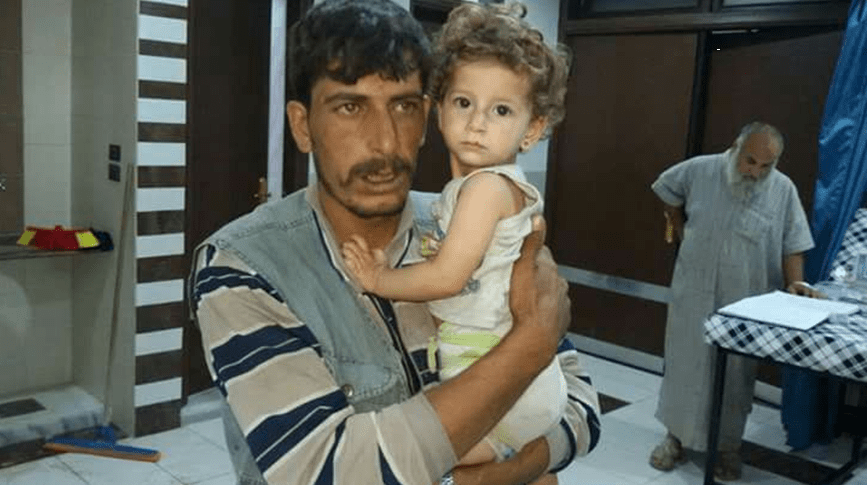Fearing rebel retaliation, East Ghouta journalists silent after hundreds hospitalized
AMMAN: On Monday night, medical personnel at a small clinic […]
22 June 2016
AMMAN: On Monday night, medical personnel at a small clinic in a rebel-controlled suburb of Damascus rushed to treat hundreds of people for food poisoning.
“People started coming in after night prayers,” a doctor at the al-Marj clinic, located in the southern section of East Ghouta, told Syria Direct.
Throughout the night, clinic staff treated 265 people, including 128 children, for symptoms such as stomach pain, vomiting, fever, hypotension and diarrhea.
What caused the food poisoning?
“People are saying a relief organization distributed spoiled food. Apparently they cooked it in the morning and left it out until sunset,” said the doctor, who requested anonymity.

Syria Direct reached out to more than 10 citizen journalists in East Ghouta, all of whom refused to identify the charity allegedly responsible for distributing the spoiled food.
However, one journalist, who also spoke on the condition of anonymity, said the food was handed out by, Sa’ad, a charity administered by the powerful rebel group, Jaish al-Islam.
No one is speaking up because “we’re afraid of the security forces [affiliated with Jaish al-Islam]; we could get arrested or accused of conspiring against the revolution,” he said.
Syria Direct reached out to a representative of the charity in question and three Jaish al-Islam spokesmen for this story. None replied to our requests.

In the past, Jaish al-Islam has detained journalists in their infamous al-Tawba prison, some for longer than 18 months, for criticizing its policies.
Today, Jaish al-Islam shares control of the rest of regime-blockaded East Ghouta with the rebel groups Jabhat a-Nusra and Failaq a-Rahman.
Jaish al-Islam controls al-Shaifuniyeh city, where the poisoning occurred. Residents of areas outside of the group’s control were not poisoned.
“People from a-Nusra-controlled areas didn’t receive food packages,” said the journalist.
Nevertheless, according to Syria Direct’s anonymous source, Ghouta residents are afraid to link the poisoning to Jaish al-Islam out of fear of reprisals from the group’s security forces.
“We’re living [in fear] like we did under the regime.”







